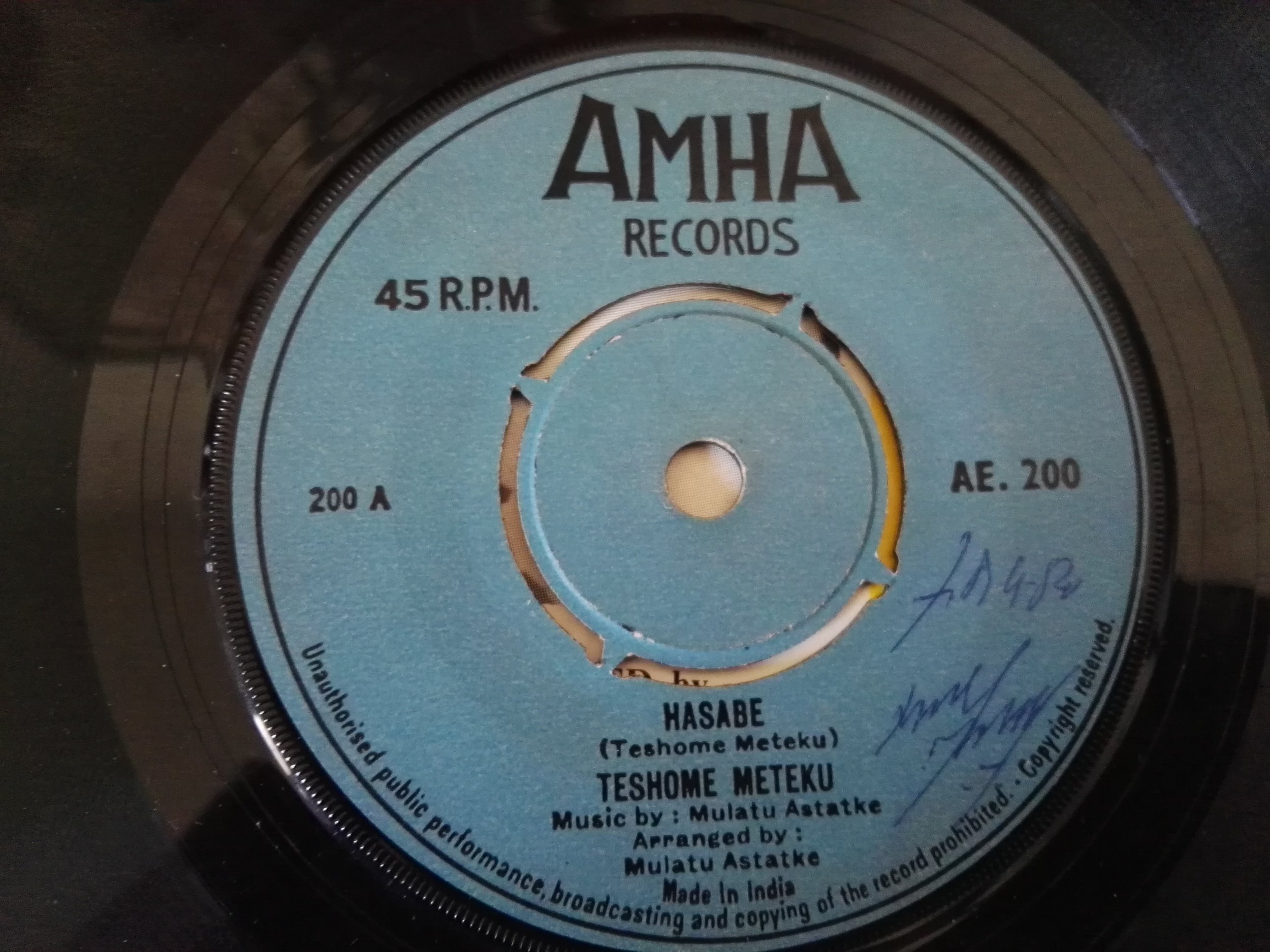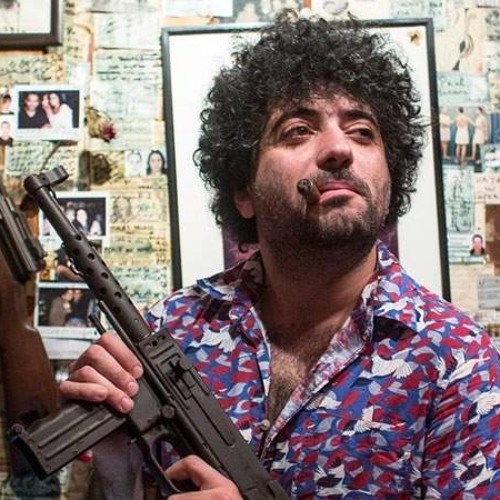In part one we learned about Ernesto’s pretty crazy life in wartime/post-war Beirut and his evolving passion for soul and funk from the ‘golden era’ of Ethiopian music. In part two we understand why he is so obsessed with it...this music is strong brew! Raw at times, stupidly funky, and full of life and attitude...
Some names you probably recognise, like the ‘father of Ethio-jazz’ Mulatu Astatke and the legendary producer Amha Eshete (Amha Records) but unless you are a hardcore collector, most of the names here are newly unearthed gems, tracks caked in dirt but with that deep shining light that only the most valuable jewels contain.
Like the rest of the world, the 1960s was a time of great dynamism and the joy of the new for Addis Ababa, infecting life and artistry throughout the city. It’s hard to imagine but the best of the early bands were government controlled. Haile Selassie’s imperial rule meant something quite different to Ethiopians than it did to the burgeoning Rastafarian movement in Jamaica. However, these bands such as The Army Band, The Police Orchestra and The Imperial Bodyguard Band were creative incubators (and great in their own right) for many of the incredible artists that would emerge such as Tilahun Gessesse, Bezunesh Bekele and Hirut Bekele.
As more independent bands appeared such as The Venus Band (later known as The Walias Band), The Ekos Band, The Dahlak Band and The Sensation Band, the ‘Ethiopian groove’ got into its stride. A unique mixture of traditional rhythms (influenced by the guidance of Nerses Nalbandian, a musical innovator of Armenian heritage) and the R&B, Soul, Rock and Pop hits broadcast by the American military radio at Kagnew Station (an American military base outside Asmara, the capital of Eritrea). Also the independent labels that emerged like Axum, Amin, Emporio Musicale Records and Mahmoud Ahmed records
alongside the powerhouses of Amha, Kaifa and Philips were essential to the nurturing and growth of this new sound (‘adadis zefanotch’ in Amharic).
The music contained on this compilation is all taken from original 45s from Addis Ababa so they contain noise. Roughly recorded at times with the sound of distorted organs trying to rip themselves out of the vinyl, the distortion adding to their potent voodoo charms. Vocals of incredible soulfulness, filthy funk drums that harness both Clyde Stubblefield and Berber traditions, sublime orchestral arrangements and the unique swing of that ‘Ethiopian groove’ that bands across the world are currently trying to recreate. Ernesto and BBE Records have pulled this one right of the bag (a record bag naturally).
Original cover of Muluken Melesse's 'Alagegnhwatem' on Kaifa records
There is blues and funk, there is soul, there are ‘clappers’, We hear the sound of Black America, East Africa, the influence of North Africa and the Middle East, and together they all swing like nothing else...
On tracks like Tilahun Gessesse’s ‘Aikedashim Libe’, the drums sound like Jaki Liebezeit in his mid-70s motorik majesty with Can.
Alemayehu Eshete, often dubbed the ‘Ethiopian James Brown’ has one of his hardest-to-find 45s included here. 'Chiro Adarie Negne' is a hard as hell JB's groove with Ethiopian melodies. Wild and loose but right on the ONE..
Hirut Bekele's wonderful soul groove 'Ewnetegna Feker' is a standout for me, full of what Brazilians call 'Saudade', a deep yearning that the greatest soul music all contains. As Ernesto says "This was the Ethiopian record that sparked my quest for Ethiopian music. It’s the dearest to my heart with a story behind it. Towards the end of my digging trip in Addis Ababa, I was riding a small bus when I heard this record coming out of the tiny smashed speakers of the over-crowded van. I was squeezed in the front seat next to a couple of nice Ethiopian passengers, when I said to the driver: ‘Hirut?’. The passenger next to me replied with a smile, ‘do you know of Hirut Bekele?’. He added ‘Yesterday, Hirut came to where I work and got herself some kitchenware’. I said: ‘oh, that’s awesome that you had the chance to meet her, she’s such a legend. Do you sell kitchenware?’ He said: ‘No, we rent it out. Most probably she invited some people over for dinner and needed to rent some kitchenware. She didn't have any money but we knew who she was, so we gave it to her without any deposit.’ I left the bus with a head spin. I felt very sad. This record was released by Kaifa and arranged by Negusei Dagne."
Can I say more? Buy it. Buy the triple vinyl. Buy the CD or the download. Your life will be funkier.
Here's a picture of Ernesto haggling for a good price ;)
Words by Ex-Friendly
Big love to BBE Records as usual...






